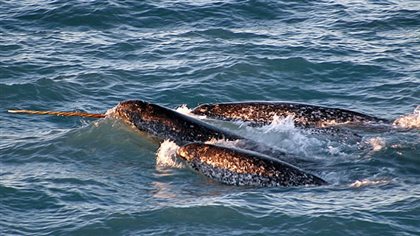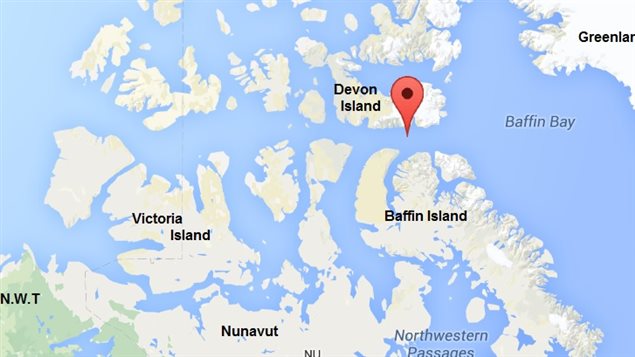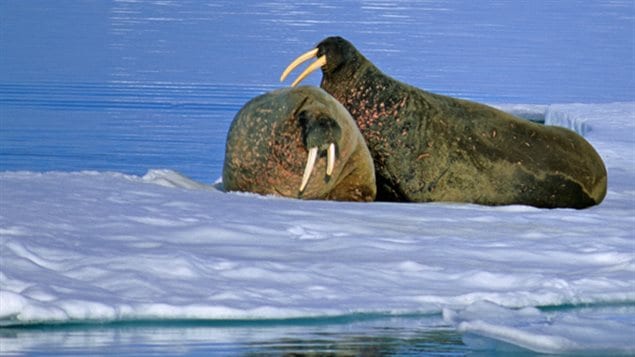As climate change makes the once remote Arctic more accessible, pressure is mounting to seek the minerals, and oil, and fish reserves thought to be waiting there.
One of the world’s most biodiverse areas though is the Lancaster Sound where development could take place and where shipping could increase.

All these activities pose great risks, especially if not carefully controlled.
There have long been calls to protect this area. This week, the World Wildlife Fund-Canada, hosted a conference about making the area a protected marine reserve in the national capital, Ottawa.
David Miller is president of WWF- Canada
Listen
The conference was called “Oceans on the Hill”.
It brought together an assortment of politicians, Inuit leaders, and businesspeople.
While the Sound is home to a vast assortment of land and marine life, including tens of thousands of narwhal which migrate through each spring, it’s also thought to hold vast reserves of oil and gas.
Now with increased access due to melting ice, and better technology to reach such underseas reserves, these are lusted after by international energy firms.
The potential for an environmental disaster and the consequences for the life in the Sound, and for the Inuit who depend on it for their own survival, is of increasing concern.
A proposal to have the region named as a National Marine Conservation area has been making slow progress since 2010, while the idea was originally proposed back in 1970.
The Inuit also want to increase the size of the proposed marine protected area, which however would still allow for commercial fishing and ship traffic.

David Miller said the purpose of the conference was to keep the idea moving forward, and he says he is more hopeful than ever that it will become reality.







For reasons beyond our control, and for an undetermined period of time, our comment section is now closed. However, our social networks remain open to your contributions.